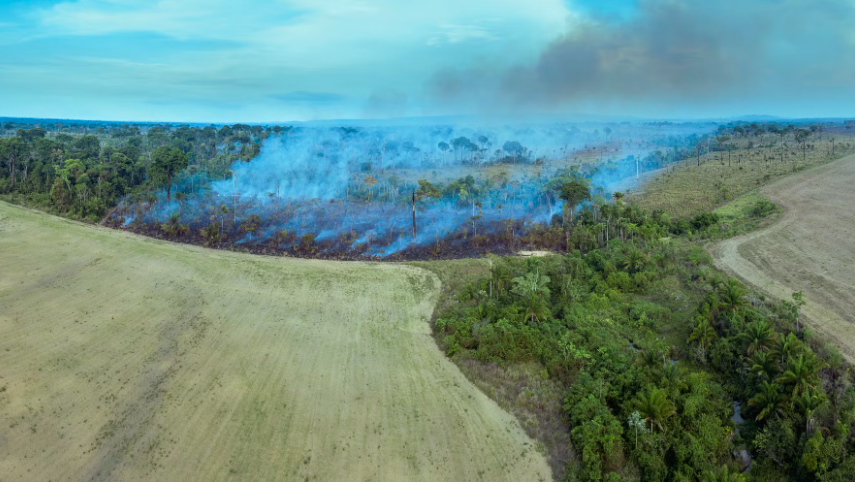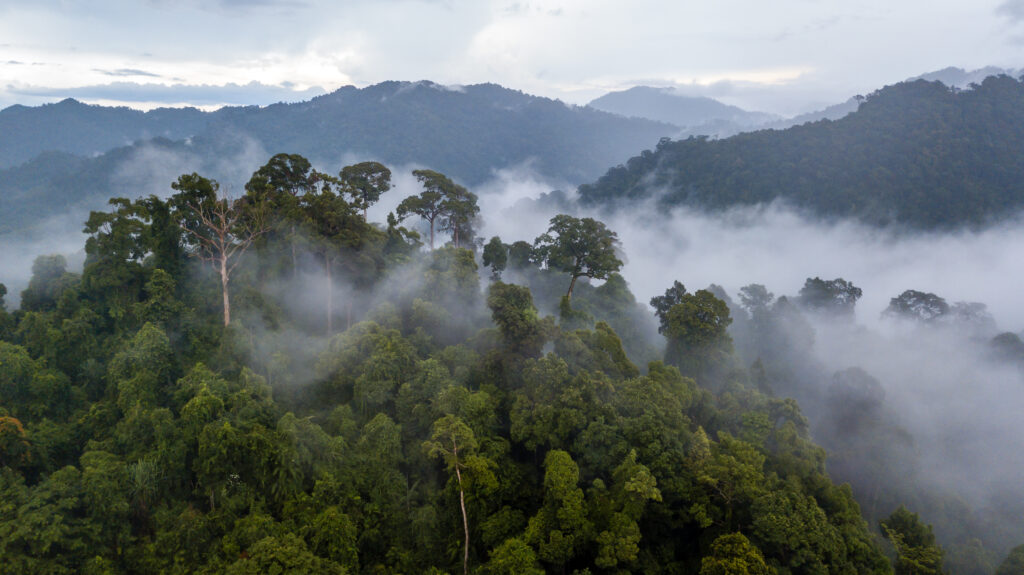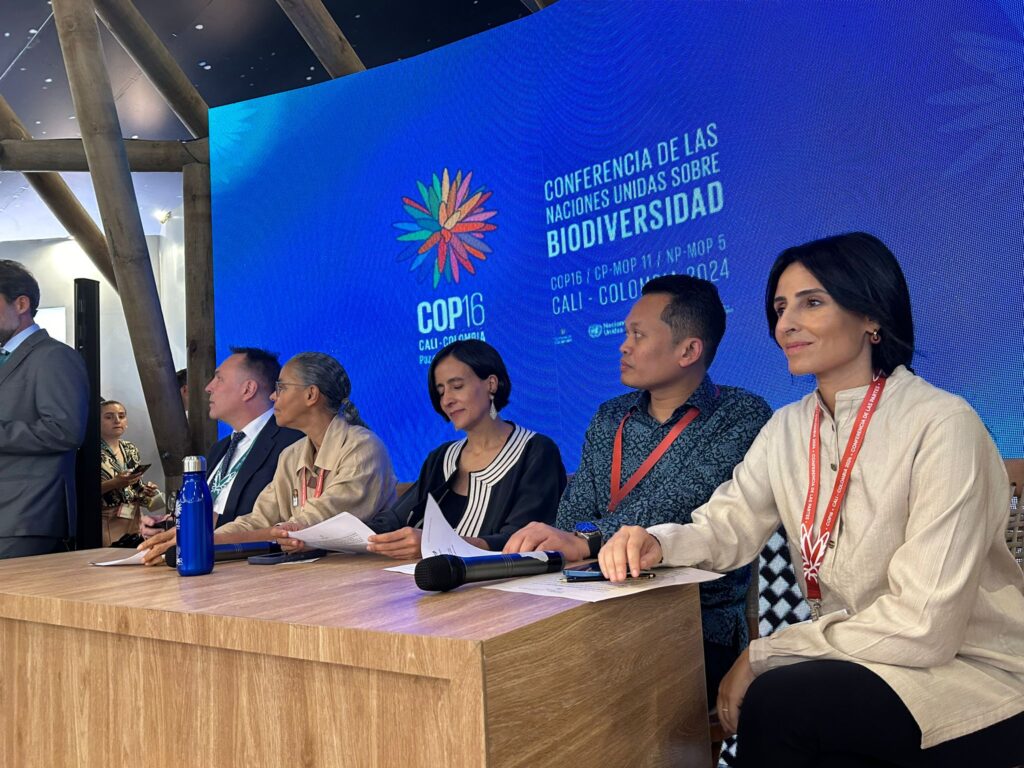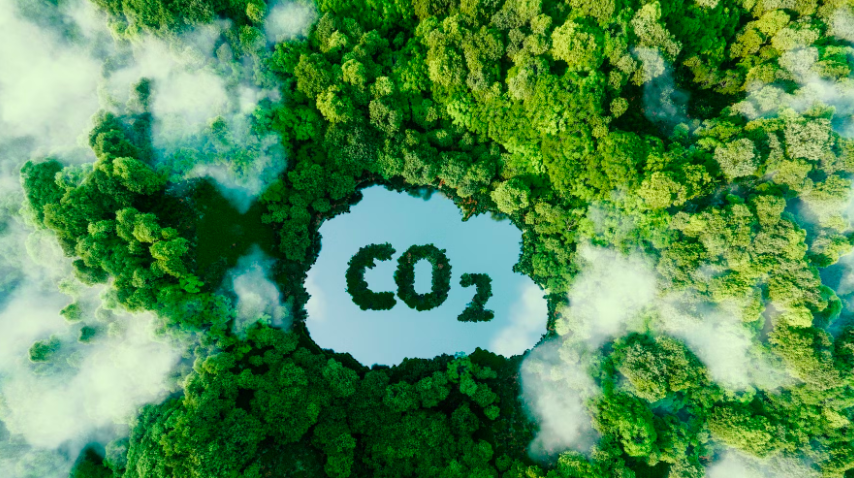A new study from the Potsdam Institute for Climate Impact Research shows that by replacing just 20 percent of our beef consumption with plant-based alternatives, we could halve deforestation globally.
The climate impact of beef is now well-known. For years, we’ve been reminded that beef production is a major climate culprit. Fewer people may be aware, however, that the beef industry is also one of the main drivers of deforestation. Globally, the agricultural industry exerts enormous pressure on nature. Fields are expanding, while forests and other invaluable ecosystems rapidly shrink. However, new research reveals that even small changes in our habits can make a huge difference in reducing deforestation.
A small effort can have a big impact
According to a study from the Potsdam Institute for Climate Impact Research in Germany, we can halve global deforestation over the next three decades by replacing just 20 percent of global beef consumption with plant-based alternatives. Not only that, but we would also be able to halve the CO2 footprint of global food production. The reduction in CO2 emissions from food production will be driven by reduced deforestation and lower methane emissions from cows. The study was published in Nature, one of the world’s leading scientific journals.
The study used computer modeling to estimate deforestation and CO2 emissions when 20 percent of global beef production is replaced with plant-based alternatives. The calculations consider factors such as population growth, increasing beef demand, rising incomes, and changes in international trade.
The study shows that you don’t necessarily have to give up meat entirely to reduce your contribution to deforestation and climate change, but that we all need to eat less meat, especially the types that are least sustainable for nature and the climate.
Gry Bossen, political coordinator at Forests of the World, says: “There is a need for greater awareness that small changes can actually make a big difference if everyone makes an effort. When we’re facing both a global biodiversity crisis and a climate crisis, reducing our meat consumption is a very simple way to make a difference.” Gry Bossen also points out: “When just reducing global beef consumption by 20 percent can make such a big difference, think about what a larger reduction could do. The 20 percent is a great start, but deforestation shouldn’t just be halved. It needs to be stopped.”
According to the study, we could reduce deforestation by up to 82 percent if beef production is halved. However, part of the deforestation still lies in the hands of other industries, such as palm oil, mining, and timber. Therefore, more than just changing eating habits is needed to stop deforestation completely.
Previous studies have also shown that plant-based meat alternatives can provide the same quality of protein, but they are produced with 90% less land and water resources, and they emit 80% fewer greenhouse gases.
The Global Hunger for Meat
An underlying cause of the problems our meat consumption poses for forests is the rising demand for meat. Globally, the middle class is growing, and many places are experiencing an increasing hunger for more meat on the menu. Agriculture already occupies at least 38% of the Earth’s land area, yet forest areas continue to be cleared to make space for more farming. Animal agriculture takes up 83% of agricultural land, even though only 18% of the calories in our diets come from animal products. This means animal farming occupies an enormous amount of space compared to the actual amount of food it provides.
The two main drivers of tropical deforestation are cattle ranching and soybean production for animal feed. While beef is often singled out as a major culprit in terms of climate and deforestation, Forests of the World also works to raise awareness of how pork is also a significant contributor to deforestation. The soybean industry not only feeds cows but also plays a major role in feeding Denmark’s large pork production.
“It is extremely problematic that the entire world desires a meat intake far greater than what the planet can sustainably produce. If this is to happen sustainably and without destroying our forests, we must ensure that, as a global community, we do not demand more than the Earth’s resources can provide. It starts with consumer awareness of the issue and, importantly, a willingness to make a difference by eating less meat,” says Gry Bossen.
What can you do?
Through our Svin uden Skov (Pigs Without Forests) campaign, we are putting pressure on Denmark’s largest pig slaughterhouse, Danish Crown, to take responsibility for their import of soy for animal feed, which is causing deforestation in South America. Furthermore, through our campaign against forest fires, you can demand that politicians and our trade policies do not provide further incentives for the destruction of the Amazon.
You can also sign the petition for the EU’s upcoming forest law to ensure it is as ambitious as possible and that loopholes are closed. Read more about it and sign here (expired).
If you’re not already, you can also become a member of Forests of the World to support our work for a world with richer forest ecosystems.
Press Contact
Jonas Schmidt Hansen
Who is Forests of the World?
We work to preserve the world’s forests, both in Denmark and the world’s tropical forests.Our focus areas include sustainability, Indigenous Peoples and local engagement.




